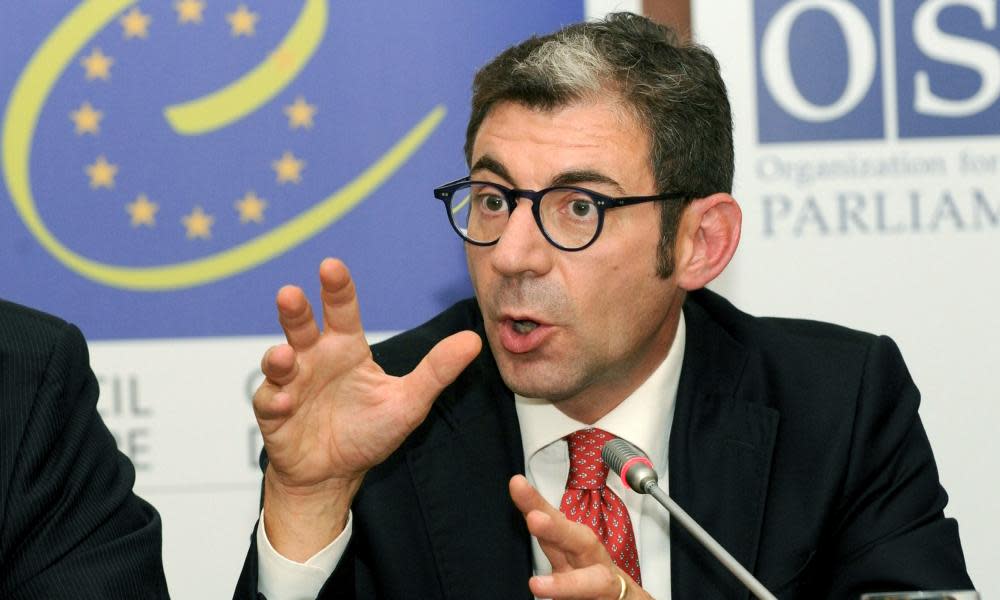Council of Europe members suspected of corruption, inquiry reveals

Several members of the Council of Europe’s parliamentary assembly broke the body’s rules on ethics and are “strongly suspected” of corruption, according an internal inquiry.
The report, revealed on Sunday, ends a 10-month investigation into cash-for-votes allegations focused on Azerbaijan, which have rocked the Strasbourg-based international organisation.
The council, one of Europe’s oldest human rights organisations, was created in 1949 to safeguard democracy and the rule of law, it long predates the European Union and has 47 member states. Its parliamentary assembly (Pace) is composed of politicians from member countries’ national parliaments.
Azerbaijan joined the council in 2001, but observers have long raised questions about Pace’s weak response to ballot-box stuffing and human rights violations in the oil-rich country.
Pace set up the inquiry last year to investigate charges that former and current members had voted to soften criticism of Azerbaijan’s authoritarian government in exchange for cash and luxury gifts.
In a 219-page report published on Sunday night [pdf], a panel of three judges concluded that “a number of former Pace MPs ... had acted contrary to the Pace code of conduct”.
“The investigation body established that there was a strong suspicion that certain current and former members of Pace had engaged in activity of a corruptive nature,” it added.
The judges limited their investigation to Azerbaijan, however they did hear allegations against other member states, including Russia, Ukraine and Turkey.
In a damning verdict on the former Pace president Pedro Agramunt, the inquiry concluded there were strong suspicions he had colluded in “corruptive activities” to gain a key position leading the parliament’s centre-right group.
Agramunt was forced to resign as Pace president in 2017, after an unprecedented vote of no-confidence over his participation in a Russian government trip to Syria. In this report, the Spanish deputy was found to have played “a key role” in decisions favouring Azerbaijan.
The report also names former Italian deputy Luca Volontè as suspected of “activities of a corruptive nature”. He had played “an important role” in undermining a report on political prisoners in Azerbaijan, that detailed how the judicial system was used to silence government critics. Although the report reflected widespread concerns of other human-rights groups, its findings were rejected by Pace MPs in a controversial 2013 vote.
Italian police are investigating Volontè for corruption in relation to €2.39m (£2m) he is accused of taking in bribes from Azerbaijan. Volontè denies all charges and has been acquitted on a separate count of moneylaundering.
The report appeared to exonerate MPs on a key point – accepting luxury gifts, such as caviar and all-expenses paid trips, as an inducement for favourable votes.
Sir Nicolas Bratza, former president of the European court of human rights and one of the judges who investigated the claims, said they were “symbolic” and “courtesy gifts”. However, he expressed concern that some MPs did not follow internal rules on declaring gifts.
Deputies from the parliamentary assembly’s 47 member countries will debate the report on Monday.

 Yahoo News
Yahoo News 
